Let me paint you a picture, raw and vivid, of a night when the footballing gods rolled the dice and came up with something untamed and wild.
It was May 29, 1991, and in Bari, a city drenched in Italian moonlight and cheap wine, a team from the crumbling edifice of Yugoslavia took to the pitch and carved their names into history.
Red Star Belgrade, a team with more swagger than sense and more brilliance than balance, stood at the pinnacle of European football. This wasn’t just a victory; it was a full-throated howl into the void.
The Journey to Immortality
Red Star’s road to the European Cup final was neither smooth nor expected. It was a journey through fire, brimstone, and the kind of drama that makes mere mortals weep.
The Yugoslav league of the late 80s and early 90s was a hotbed of talent and chaos, and Red Star was its brightest jewel. M
anaged by Ljupko Petrović, a man as enigmatic as the team he led, Red Star blended artistry and grit into a lethal concoction.
The campaign began with a demolition job. In the first round, they obliterated Grasshopper Zurich with an aggregate score of 5-2. But this was no gentle warm-up; it was a declaration of intent.
Next came Rangers, a team that embodied the hard-nosed Scottish ethos. Red Star’s 4-1 aggregate victory was a masterclass in controlled chaos, with Robert Prosinečki and Dejan Savićević pulling strings like puppet masters.
The quarterfinals brought Dynamo Dresden, and it was here that Red Star showed their steel. A 3-0 first-leg win in Belgrade was followed by a second leg abandoned due to crowd trouble.
The semi-final against Bayern Munich was a symphony of nerves and brilliance. After a 2-1 victory in Munich, the second leg saw Red Star’s own defender, Klaus Augenthaler, score a last-minute own goal to seal their place in the final.
The Cast of Mavericks
This was no ordinary team. Red Star’s squad was a collection of players who seemed less like athletes and more like mythological figures plucked from Balkan folklore.
At the heart of it all was Dejan Savićević, the “Genius”—a man who played football as though it were jazz, improvising with every touch and pass.
Then there was Robert Prosinečki, a midfielder whose feet moved like poetry and whose passes sliced through defenses like a blade through silk.
Darko Pančev, the “Cobra,” was the man to finish it all. With 34 league goals that season, he was the deadliest striker in Europe.
Behind them, Miodrag Belodedici, a defector from Romanian football, anchored the defense with a calm that bordered on the supernatural. And between the posts stood Stevan Stojanović, the captain and keeper, a man with nerves of titanium.
The Final: Bari and Beyond
The Stadio San Nicola in Bari was packed to the rafters, a swirling mass of expectation and tension. Red Star faced Olympique Marseille, a team brimming with talent and arrogance.
Jean-Pierre Papin, Chris Waddle, and Abedi Pelé were their talismans, but Red Star wasn’t here to bow to anyone.
The match itself was an exercise in pragmatism. Petrović, never one to let romance override logic, set Red Star up to absorb pressure and strike when the moment came.
For 120 minutes, the two teams danced a tense, goalless waltz, each waiting for the other to falter. When the final whistle blew, it was penalties that would decide the night.
Five Red Star players stepped up, and five Red Star players scored. Stojanović saved one, and that was all it took.
The final penalty, converted by Darko Pančev, sent Red Star’s fans into ecstasy and etched their names onto the greatest trophy in club football.
The Aftermath: Glory and Shadows
The victory was both a crowning achievement and a swan song. Within months, Yugoslavia began to disintegrate, and with it, the fabric of Red Star’s dominance unraveled.
The players scattered across Europe, their talents fueling clubs in Spain, Italy, and beyond. But for that one magical night in Bari, they were more than a team. They were a force of nature, a storm that no one could contain.
Statistically, the numbers speak for themselves. Red Star’s 1990-91 season saw them win the Yugoslav First League, score over 100 goals in all competitions, and claim the European Cup with a blend of flair and grit that has rarely been matched.
Pančev finished as the top scorer in the league, while Prosinečki was named the best young player in Europe. They were, in every sense, a team for the ages.
Legacy of the Stars
Today, the memory of that Red Star team burns bright, a beacon for underdogs and dreamers. They proved that brilliance can flourish in adversity, that genius can emerge from chaos.
To watch them was to believe in the impossible. And for the fans who sang their hearts out in Bari, it was a night that will never fade, a moment when the stars truly aligned.


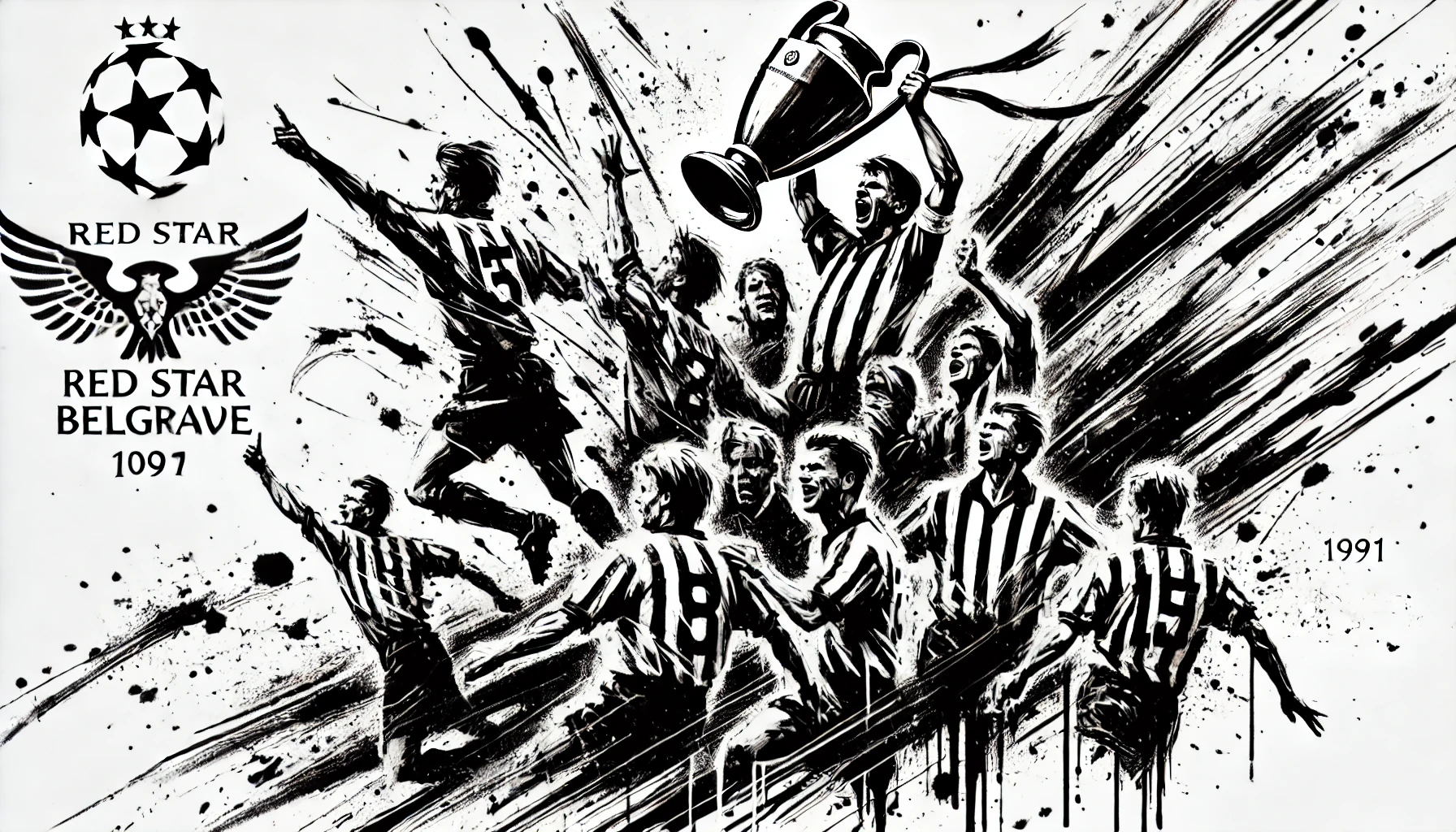
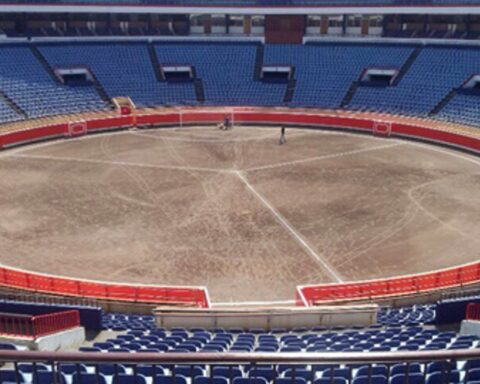
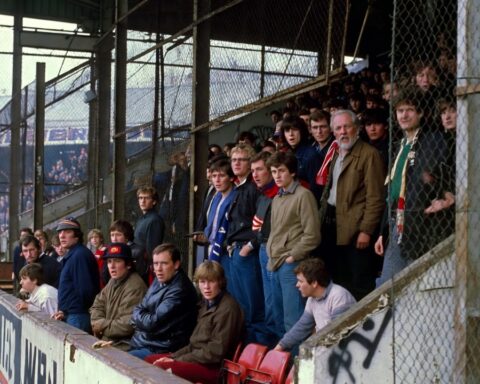
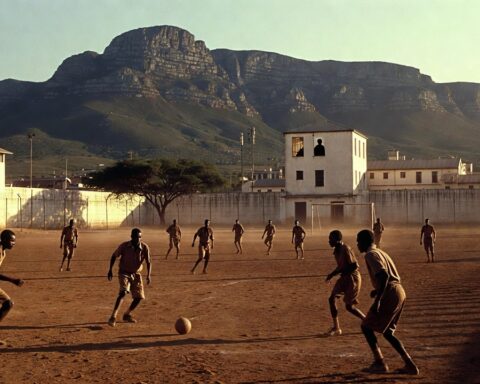
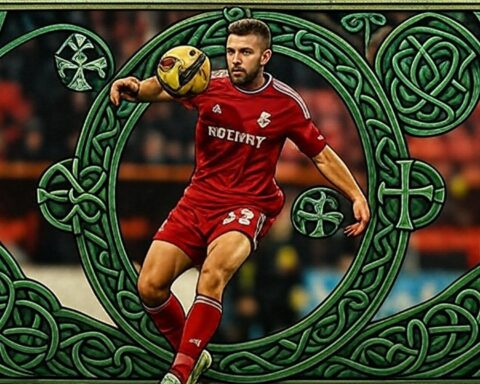

Follow Me